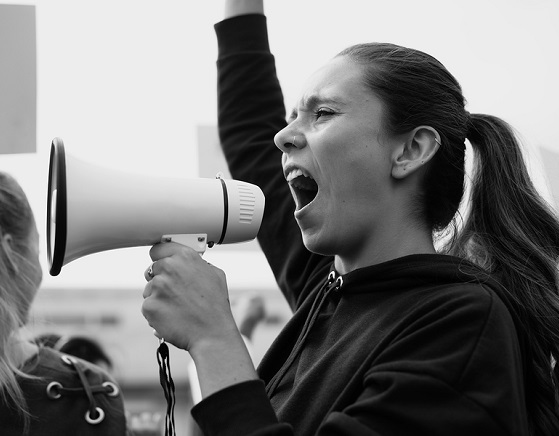The Difference Between Your Rights and Boundaries.

{source}
Did you know that there is a difference between boundaries and basic human rights?
One of the things I often find is that people treat their basic human rights like they’re personal when they are actually universal.
The reason I call them rights and not boundaries is to help you distinguish between what is everyone’s and what is yours.
Everyone on the planet has the same basic human rights. Not everyone on the planet has the same boundaries. Learning what someone’s boundaries are comes from developing connection, healthy authentic communication, intimacy, and building trust. On the other hand, it is your responsibility to know what our collective universal basic human rights are as an adult.
A few examples of basic human rights are:
- I have a right to say no with no explanation, and so does everyone else.
- I have a right to decide how I spend my time, and so does everyone else.
- I have a right to change my mind, and so does everyone else.
If you’re practicing these rights in your own life, it’s expected that you honor the fact that others practice them in their lives as well.
And, if they don’t honor them in your life, you still honor them in theirs because they are our collective universal basic human rights.
That means when someone tells you no, you don’t ask them to explain themselves, even if they always demand you do when you say no.
That means you don’t try to coerce or convince other people to do anything ever, even if other people coerce you all the time.
That means you don’t pout and get mad when someone changes their mind and decides they want to do something else, even if you feel guilt-tripped every time you do the same thing.
That means if someone demands an explanation from you, you are not required to give one, though it may be kind to.
That means no one can coerce you into doing something you don’t want to do, and it’s up to you, not them, to remember that.
That means you are allowed to change your mind, as many times as you want.
That means you respect yours and other people’s basic human rights. Period.
If you’ve experienced any kind of trauma as a child or as an adult, chances are you struggle with these rights. If you didn’t experience any kind of trauma as a child, but you were never taught these things through healthy modeling from your parents, chances are you struggle with these rights.
If you struggle with these rights, chances are you’ve experienced some kind of trauma, either in your own life or in your family lineage, whether you remember it distinctly or not.
It is not other people’s responsibility to uphold your basic human rights for you, ever, as an adult. If these rights were violated for you as a child, you will need to learn how to uphold them for yourself as an adult, and my experience is that the best way to do that is in a safe container with a therapist or coach.
If your human rights are violated as an adult, and you don’t communicate that, you are the person responsible for rectifying the situation, without blame. You are the person responsible for learning the communication tools and the heart-opening capacities to evolve and heal here, with these basic human rights as your foundation.
Learn them. Print them out. Read them to yourself every single day, morning and night, until they get into your bones. Adelyn Birch’s Boundaries After a Pathological Relationship is a great place to start.
And then we can talk about boundaries.
***

Antesa Jensen is an emotional intelligence and human-centric innovation expert who has dedicated herself to coaching her clients on how to evoke the genius in themselves and in others through 1:1 coaching, workshops, and transformational expeditions through her company, Adventure Awake. Read more about her and her services on her website or follow her on Instagram, Facebook or LinkedIn.

